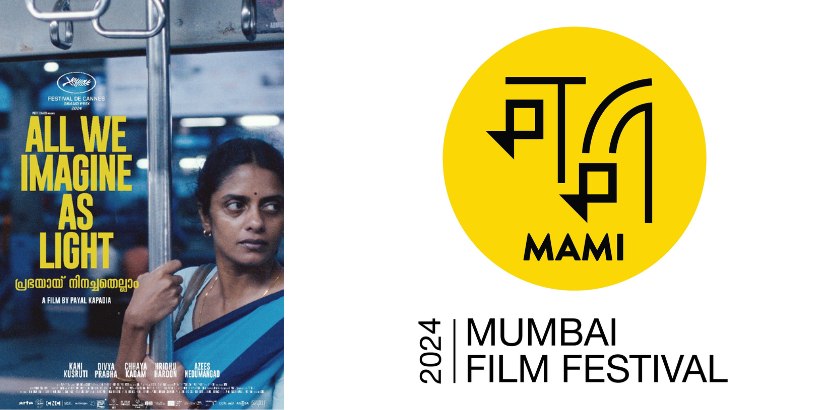Early Life and Background
Sunil Dutt, born Balraj Dutt on June 6, 1929, in Khurd, Jhelum district of British India (now in Pakistan), was a legendary figure in Indian cinema and politics. Dutt’s early life was marked by significant challenges. He lost his father at a young age, and during the Partition of India in 1947, his family witnessed immense violence. A Muslim friend saved their lives, and they resettled in East Punjab. Despite these hardships, Dutt pursued education and graduated from Jai Hind College in Bombay (now Mumbai) in 1954 with a degree in History.
Cinematic Career
Sunil Dutt’s journey into the world of cinema began with his work as an announcer on Radio Ceylon, where he interviewed celebrities, including his future wife, Nargis. His film debut came with “Railway Platform” in 1955. However, it was his role in “Mother India” (1957) that brought him immense fame. His portrayal of Birju, an outlaw hero, remains one of Bollywood’s most iconic performances.
Over nearly five decades, Dutt starred in over 100 films, directed six, and produced seven. Some of his notable films include “Ek Hi Raasta” (1956), “Gumrah” (1963), “Waqt” (1965), “Hamraaz” (1967), and the comedy classic “Padosan” (1968). Dutt was known for his willingness to experiment, which was evident in “Yaadein” (1964), an experimental film featuring him as the sole actor. This film earned a place in the Guinness Book of World Records for having the fewest actors in a narrative film.
Personal Life
In 1958, Sunil Dutt married Nargis, his co-star in “Mother India.” The couple had three children: Sanjay, Namrata, and Priya. Their marriage was both a personal and cinematic partnership, famously illustrated when Dutt saved Nargis from a fire on the set of “Mother India.”
Tragically, Nargis succumbed to cancer in 1981. Her death profoundly affected Dutt, who established the Nargis Dutt Memorial Cancer Foundation in her memory. This marked the beginning of his deep involvement in social causes, alongside his cinematic pursuits.
Political Career
Sunil Dutt’s transition from cinema to politics was marked by his commitment to public service. He was appointed the Sheriff of Bombay in 1982, and in 1984, he joined the Indian National Congress. Dutt served as a Member of Parliament for five terms from Mumbai North West. His tenure was distinguished by his efforts to improve the lives of slum dwellers and his advocacy for peace and communal harmony.
In 1987, Dutt undertook a 2,000 km peace march from Mumbai to Amritsar’s Golden Temple to promote unity during a period of Sikh militancy. He continued his peace efforts internationally by walking from Nagasaki to Hiroshima in 1988 to campaign for global disarmament.
Later Years and Legacy
Despite the political turmoil and the personal tragedy of his son Sanjay’s legal troubles, Dutt remained a pillar of strength. His final cinematic appearance was in the critically acclaimed “Munna Bhai M.B.B.S.” (2003), where he shared the screen with his son.
Sunil Dutt passed away from a heart attack on May 25, 2005, while serving as India’s Minister for Youth Affairs and Sports. His death marked the end of an era, but his legacy endures. He was posthumously succeeded by his daughter Priya Dutt, who continued his political legacy.




